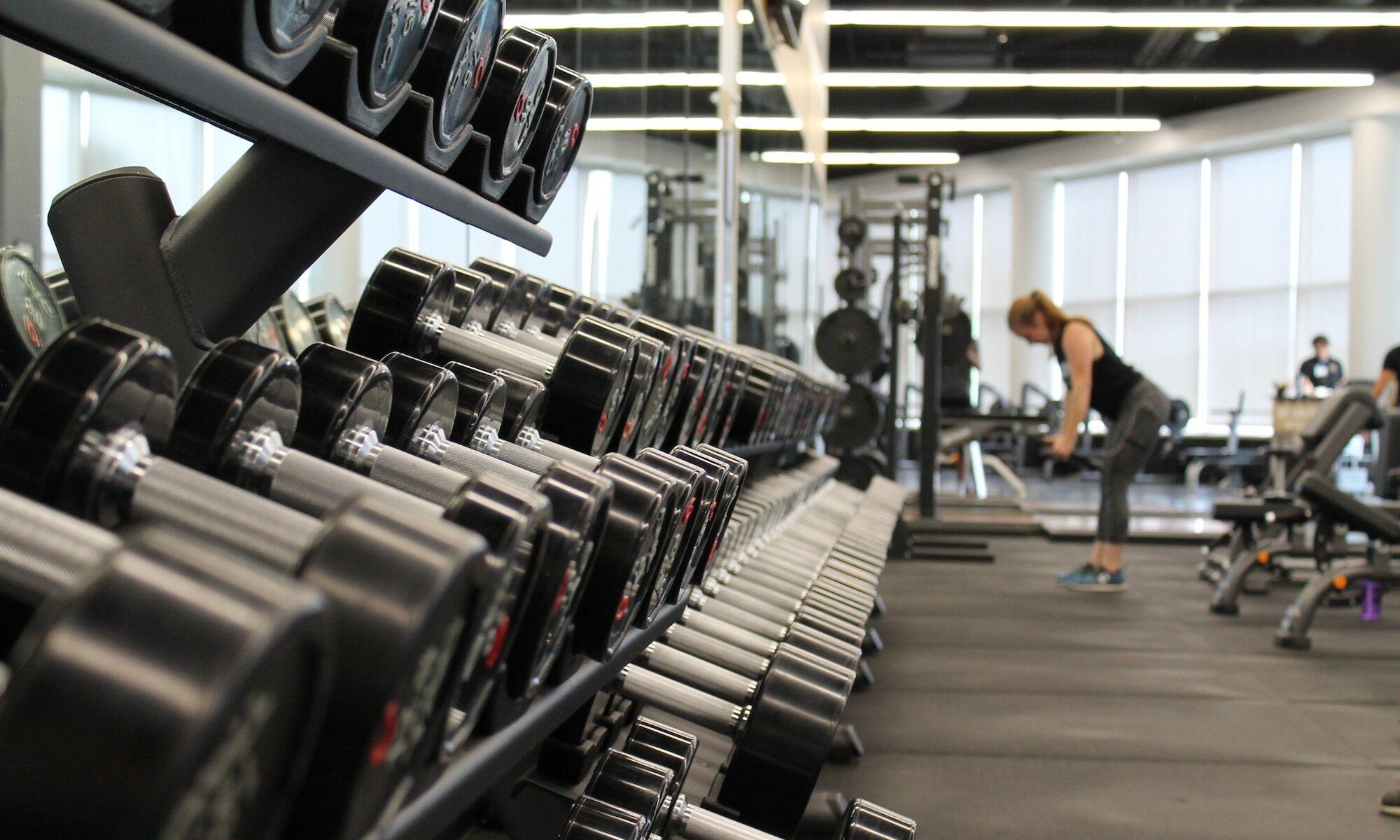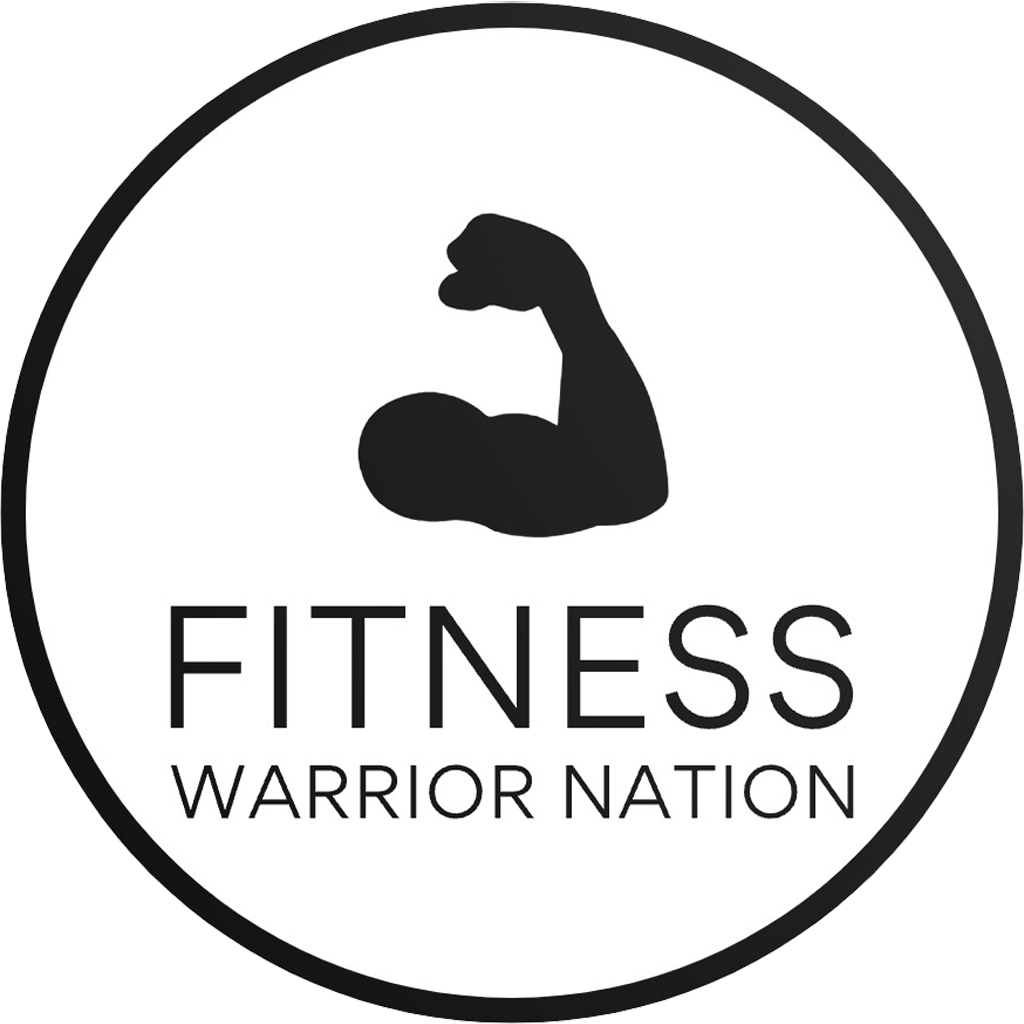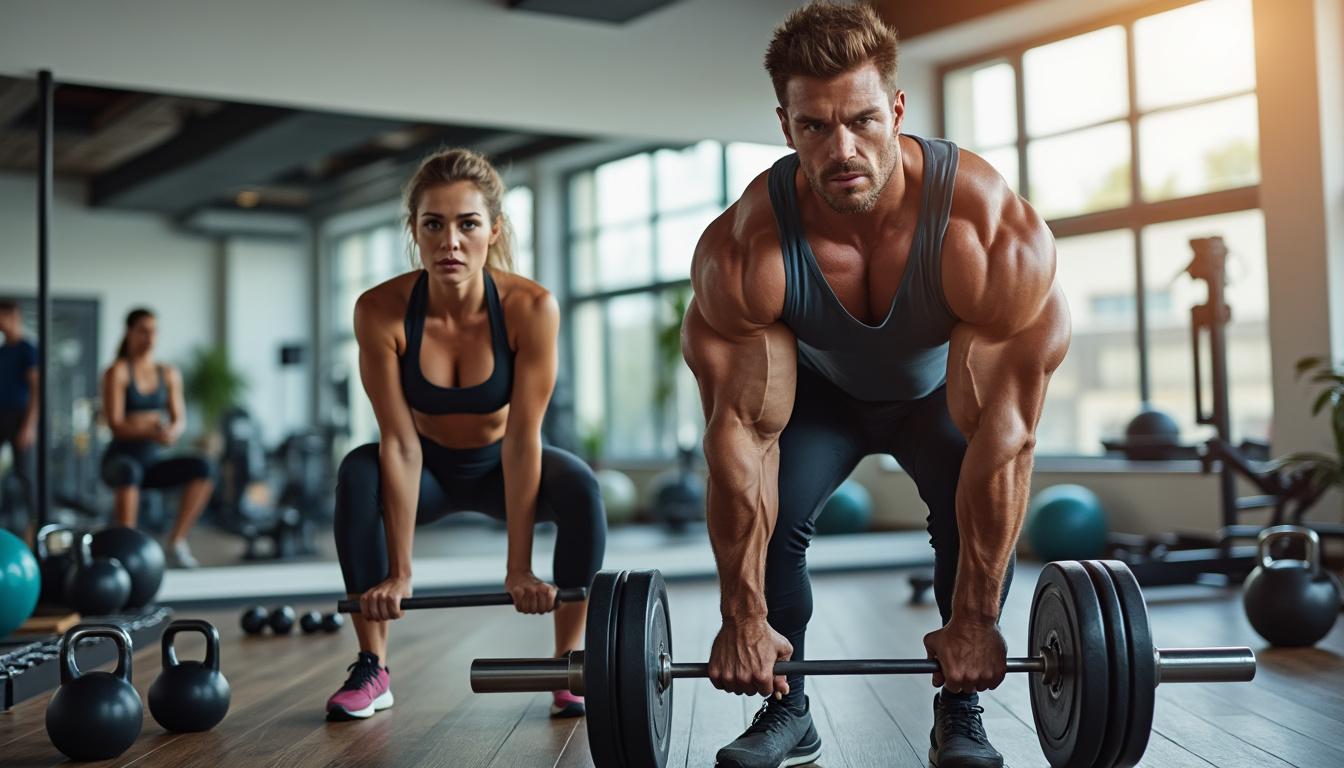Understanding Plant-Based Protein Sources for Vegan Muscle Building
Building muscle on a vegan diet is more achievable than ever, thanks to a wide array of potent plant-based protein sources. The landscape of vegan nutrition has evolved, with brands like Orgain, Sunwarrior, and Naked Nutrition leading the charge in offering nutrient-dense products that support muscle growth. These products, including Vega, ProMix, Garden of Life, and PlantFusion, have changed perceptions about plant proteins being inferior to animal sources.
Unlike animal proteins, which are traditionally complete proteins, some plant sources were initially considered lacking essential amino acids. However, recent advancements in formulation and the combination of diverse plant proteins have shown that vegans can achieve comparable muscle-building outcomes. The secret lies in understanding the quality and quantity of intake, focusing on a variety of sources like peas, rice, hemp, and seeds.
For athletes and fitness enthusiasts aiming for optimal results, integrating these plant-based proteins into daily routines is crucial. Supplementing with formulas like Orgain protein powders or Sunwarrior blends can boost amino acid profiles and overall nutrient intake. These supplements often contain added BCAAs and other nutrients vital for muscle synthesis, recovery, and performance.
The Role of Complete Protein Profiles in Vegan Diets
Complete proteins contain all nine essential amino acids necessary for muscle growth and repair. Historically, vegans had to carefully combine various plant sources to achieve this profile, but modern proteins like Vega and Organ have engineered products to deliver complete amino acid profiles in single servings. For example, many formulas blend pea, rice, and hemp proteins to complement each other’s amino acids, creating a complete protein.
Research indicates that vegan athletes who consume sufficient amounts of these complete proteins see muscle gains comparable to their omnivorous counterparts. This is particularly true when total caloric intake is aligned with their energy expenditure and training demands. Proper timing of protein intake—such as post-workout shakes—further maximizes muscle synthesis.
Brands like Garden of Life and Nutiva emphasize whole-food approaches, offering nutrient-rich plant protein options that provide additional vitamins, minerals, and antioxidants beneficial for muscle health. Incorporating these into meal plans is a strategic move for vegans to build and maintain lean muscle mass.
Comparative Analysis of Vegan Protein Supplements: Vega, ProMix, and More
With an increase in vegan fitness markets, choosing the right supplement becomes critical. Brands like Vega, ProMix, Sunwarrior, Orgain, and PlantFusion offer tailored options to meet various nutritional needs. But what sets each apart, and which is best suited for muscle building?
Vega’s protein powders are known for their clean, organic ingredients and rich nutrient profiles, making them popular among health-conscious vegans. ProMix emphasizes simplicity, with straightforward formulations high in BCAAs and minimal additives, appealing to those who prefer purity and effectiveness. Sunwarrior’s focus on sprouted grains and seeds enhances bioavailability, facilitating better nutrient absorption.
To honestly compare, one must examine factors like protein content per serving, amino acid completeness, flavor profile, mixability, and added nutrients like vitamins or probiotics. The table below summarizes key qualities:
| Brand | Protein per serving | Key ingredients | Amino acid profile | Additional nutrients | Price range |
|---|---|---|---|---|---|
| Vega | 30g | Pea, hemp, pumpkin seed | Complete, plant-based | Vitamins, antioxidants | $$$ |
| ProMix | 25g | Pea, rice, hemp | Complete, high BCAAs | Minimal, clean label | $$ |
| Sunwarrior | 23g | Sprouted grains & seeds | Complete, highly digestible | Probiotics, enzymes | $$$ |
Choosing the right supplement depends on personal goals, taste preferences, and budget. Incorporating these formulas strategically, especially around workout times, can significantly enhance muscle hypertrophy and recovery.
How to Design a Vegan Diet for Optimized Muscle Growth
Planning a vegan diet that supports muscle growth requires meticulous attention to nutrient density and timing. It involves balancing macronutrients—protein, carbohydrates, and fats—and ensuring adequate micronutrient intake. The goal is to create a nutrient-rich environment conducive to muscle hypertrophy while promoting overall health.
The following strategies are effective for vegans committed to muscle gain:
- Prioritize protein-rich whole foods like lentils, chickpeas, tofu, tempeh, and edamame.
- Utilize fortified plant-based milks and cereals to meet micronutrient needs such as calcium, B12, and vitamin D.
- Supplement wisely with high-quality proteins like Vega or Nutiva to fill potential gaps, especially in BCAA and leucine intake.
- Distribute protein intake evenly across meals to maximize muscle protein synthesis. Aim for at least 20-30 grams per meal.
- Focus on nutrient timing, consuming carbs and proteins pre- and post-exercise for optimal recovery and growth.
Additionally, working with a nutritionist or dietitian familiar with vegan protocols can personalize your intake, aligning with your training schedule. Incorporating nutrient-dense superfoods like chia seeds, hemp seeds, and spirulina enhances recovery and muscle nourishment.
The Role of Micronutrients and Supplements in Vegan Muscle Building
While macronutrients are the foundation, micronutrients play a vital supporting role. Vitamins like B12, D, and minerals such as iron, zinc, and magnesium are critical for optimal muscle function and recovery. Due to plant-based diets’ potential deficiencies, supplementation becomes a strategic tool.
For example, vegans often need fortified foods or supplements such as B12 and D. Additionally, iron from plant sources can be less bioavailable; combining foods like spinach with vitamin C-rich citrus improves absorption.
Brands like Garden of Life and Nutiva offer comprehensive supplement options that include multivitamins tailored for vegans, ensuring you meet all your nutrient requirements. Regular blood work and monitoring help maintain optimal nutrient status, directly influencing muscle performance.
Conclusion: Achieving Muscle Power on a Plant-Based Regimen
Vegan muscle building is no longer a myth but a proven pathway supported by scientific advances and specialized products from brands like Vega, ProMix, and PlantFusion. Combining diverse plant proteins, strategic nutrient timing, and mindful supplementation allows vegans to push their physical limits.
As more athletes adopt plant-based lifestyles, the quality of available nutriment continues to improve, making muscle growth accessible and sustainable. Remember, success hinges on planning, consistency, and choosing the right products tailored to your needs.
Frequently Asked Questions
- Can vegans build muscle as effectively as omnivores? Yes, with proper planning and nutrient intake, vegans can achieve comparable muscle growth. Focus on complete proteins, sufficient calorie intake, and strategic supplementation.
- What are the best plant-based protein sources for muscle building? Lentils, chickpeas, tofu, tempeh, edamame, and protein powders from Vega, ProMix, and Sunwarrior are among the top options.
- Do vegan protein powders contain enough BCAAs? Many formulations are fortified with BCAAs or contain high levels naturally, supporting muscle synthesis and recovery effectively.
- How should vegans time their protein intake? Distributing protein roughly evenly across meals and especially consuming post-workout shakes enhances muscle hypertrophy.
- Are supplements necessary for vegan athletes? While whole foods should be the primary source, supplements like Vega or Nutiva help fill nutrient gaps, especially for micronutrients and complete amino acids.


